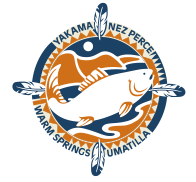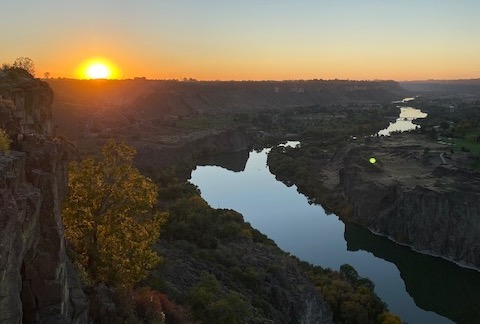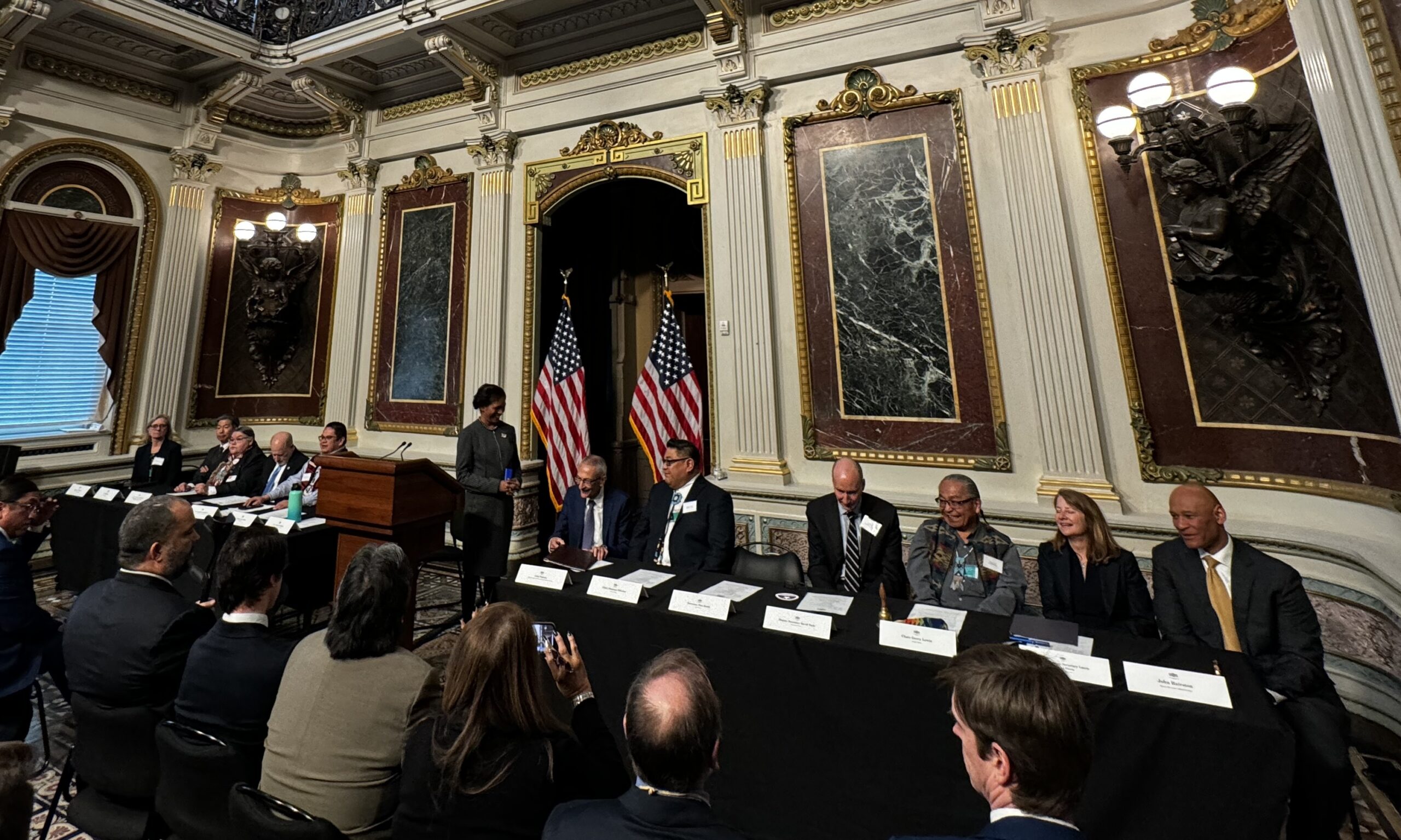C. McKinley with catch on Big Island. Circa 1956. Photo courtesy the Matheny Collection.
CRITFC Executive Director Paul Lumley’s Message
Elders who fished at Celilo Falls talk about having small metal cups on a string that they would lower into the river to get a drink. It’s hard to believe that even just 60 years ago, the Columbia River was clean enough that people drank directly from it without worrying about getting sick. Today, we spend millions of dollars on water treatment facilities to clean the very water that we have polluted. In a recent meeting with Gina McCarthy, Administrator for the U.S. Environmental Protection Agency, CRITFC Chairman Carlos Smith shared a story about being on a boat team that raced in Portland’s Willamette River. He told how all the team members were encouraged to wear gloves and to avoid getting any river water splashed into their eyes because too much contact with the polluted water could make them sick. Unfortunately, all the other plants and animals that depend on rivers and streams don’t have the luxury of water treatment facilities or ability to wear protective gear. The salmon have no choice but to swim in the polluted waters; the lamprey have no choice but to grow and develop in gravel and sediment contaminated by toxic substances.
Our elders taught us time and again that water brings life. We honor choosh at all our ceremonies, opening and closing every feast with it as a sign of thanksgiving and gratitude to the Creator for this precious gift. This tribal teaching isn’t just for tribal people—every single living thing on the earth depends on all humans learning what our ancient tribal wisdom has taught since time immemorial: water is sacred and requires our protection.
I was invited to speak at a conference in Rome, Italy earlier this year. I told that audience of people from all over the world about Columbia River tribal culture and the importance of our natural resources. I explained why the tribes are so committed to protecting these resources and shared with them how the tribes particularly honor water. I also shared how our diets high in fish makes us suffer greater consequences from polluted waters. Hopefully the people who attended that conference will return home to their countries and remember the fundamental tribal understanding that water is sacred.
Protecting the environment that the Creator blessed us with is one of our central values and lies at the heart of who we are as a people. We have been taught to speak for the resources that have no voice, and I am so proud of our tribal leaders who speak for the water in their meetings with government officials. Water is essential and is worth all the sacrifice and effort it takes to make it pure. Unless others learn this essential tribal teaching, our waters will remain sick, which in turn will make everything sick. Clean rivers and streams aren’t just a tribal treaty right, they are a human right; protecting and restoring polluted rivers and streams isn’t just a government obligation, it’s our obligation as humans. This is how we take care of our First Foods, and in return, these foods take care of us.



